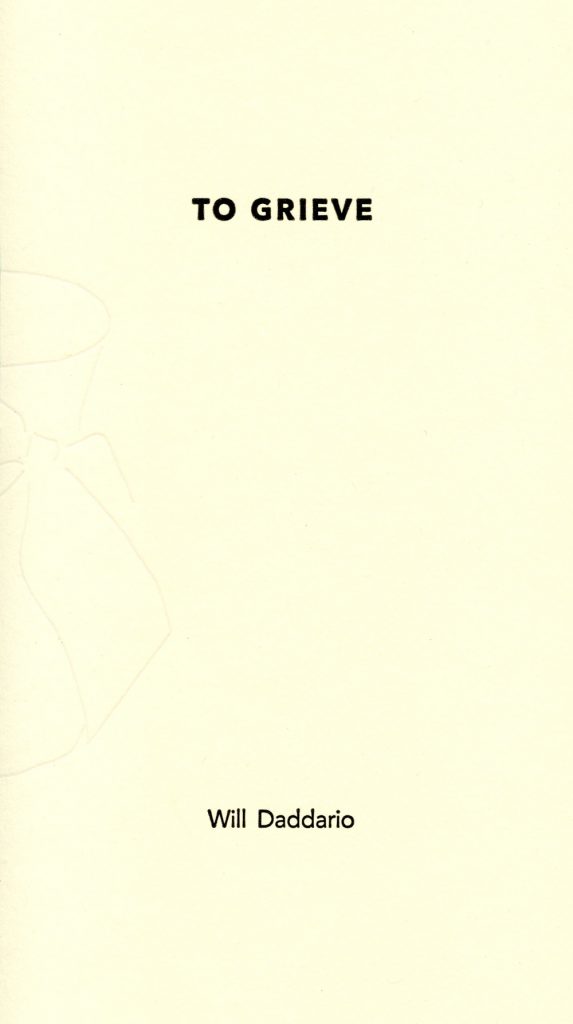The result came in 1793 with the installation of Fabre d’Eglantine’s poetic Revolutionary calendar. To resonate with the forces of Nature so clearly speaking through the actions of the French citizenry, the new calendar linked the start of the year with the Southward equinox and contained twelve months made up of three weeks, with each week divided into ten days. Each day was further divided into ten hours, made up of 100 minutes; each minute contained 100 seconds. The names of months no longer honored a spiritualist pantheon or imperialist monarchy but drew attention to the forces of the Earth. The spans of time roughly corresponding to May, June, and July, for example, were converted to Prairial, Messidor, and Thermidor, or Pasture-time, Harvest-time, and Time-of-the-Summer-Heat. Days, too, were placed under new banners, signs in praise of the world’s bounty of trees, flowers, and plants. July 14, the day that would eventually be known as Bastille Day, or Stephen’s Birthday, became Sauge Messidor (Sage, Harvest-time), a span of hours commemorating the plant known for its healing properties.
If the clichéd phrase, “one day at a time” feels unhelpful when offered up during the time of grief, it may be because grief demands a change in time itself, the way that the National Convention demanded a change of time after the French Revolution. The chronology of one day at a time only makes sense where linear progress is presumed or, indeed, hoped for. To borrow an expression from Brecht, natura facit saltus. Beliefs to the contrary may in fact be beholden to a conservative agenda of rebuilding everything as it was before. And while the drawbacks of embracing a new temporal schema will show themselves immediately—extreme awkwardness resulting from the dismissal of familiar habits, further alienation from the multitude who sleep at night and work during the day—the potential power of thinking time anew is revolutionary.
